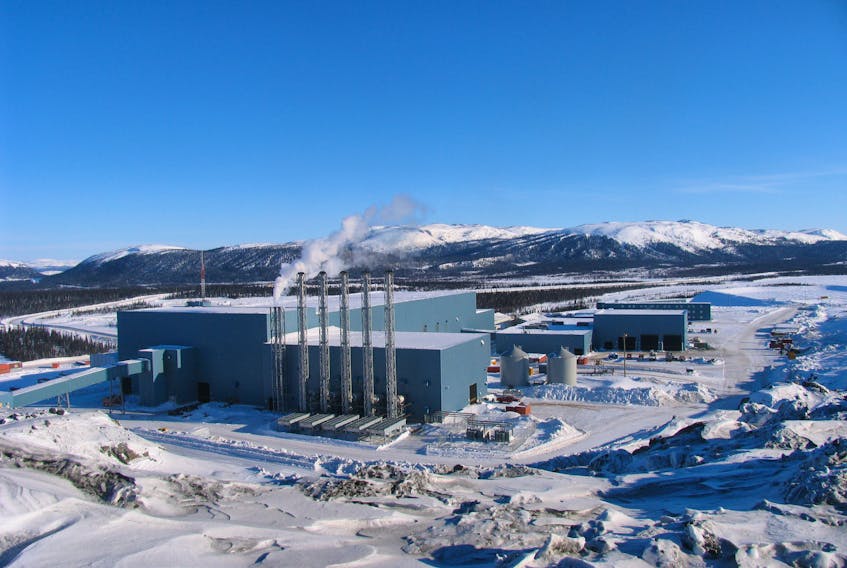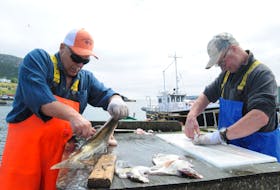The provincial government could be on the hook for a substantial amount of money as the result of a recent Newfoundland and Labrador Supreme Court ruling. The court ruled in favour of the Nunatsiavut Government on Thursday in a case against the province that has been ongoing since 2016.
The Nunatsiavut Government claimed the province had improperly calculated the Inuit self-government's share in the wealth created by Voisey’s Bay and breached its fiduciary duty by failing to consult with them on amendments that were made to the Voisey’s Bay Development Agreement in 2013 and 2014.
The amendments involved delays in the construction of the refining facility in Long Harbour, which allowed Vale to export more nickel concentrate beyond the initial agreement. The province received approximately $230 million from the amendments, which was not shared with the Nunatsiavut Government.
“Those amendments basically cheated Labrador Inuit out of millions of dollars of revenue, and strained relations between our two governments,” Nunatsiavut Finance, Human Resources and Information Technology Minister Tony Andersen stated in a news release. “With today’s decision, we are hopeful we can put this all behind us and work towards a renewed relationship with the government of Newfoundland and Labrador.”
Justice Vikas Khaladkar said in his written decision the province failed in its duty to consult with the Nunatsiavut Government on the amendments and the effects the Long Harbour site would have on the Inuit share of revenue.
The province had been taking the significant expenses incurred by Vale in building and commissioning the Long Harbour site into account when calculating the Inuit share, which Khaladkar said has to stop.
He said in calculating its deductions for mineral tax, Vale deducted annual operating costs of the processing plant, depreciation and processing allowances, which meant between 2015 and 2018 the Inuit received about $534,211 as its total share of revenue.
“It would be a disturbing finding indeed if it transpired that the Inuit would cease to receive a share of revenue from nickel, copper and cobalt mined in their back yard while the province obtains the benefits derived from the construction of a refining plant on the island of Newfoundland and the creation and maintenance of tens of thousands of person years of employment,” Khaladkar said. “Such a result, in my view, would be inequitable.”
The Nunatsiavut Government is now entitled to a five per cent share in the payments that came from the amendments, and the province has to recalculate the Nunatsiavut Government’s share of mineral taxation revenues. Under their Land Claim Agreement, the Nunatsiavut Government is entitled to five per cent of all revenue from the project.
Khaladkar said the Nunatsiavut Government's share is to be calculated without reference to any costs incurred by the developer outside of the Labrador Inuit Settlement Area, specifically pointing out that the construction and operation of a refining plant on the island of Newfoundland is not part of the Voisey’s Bay project.
The Innu Nation has also alleged they have been improperly denied Voisey’s Bay royalties by the province and has started litigation. Innu Nation Grand Chief Etienne Rich told SaltWire they been awaiting the outcome of this case to proceed.
“Now that this decision has been handed down, we expect that in the interests of judicial economy that the government of Newfoundland and Labrador will respect the court’s decision and act quickly to right the improper denial of royalties to Innu Nation,” Rich said in an emailed statement.
SaltWire Network contacted the province about the court decision and was sent a statement that the decision is currently under review and the government is not able to comment at this time.









